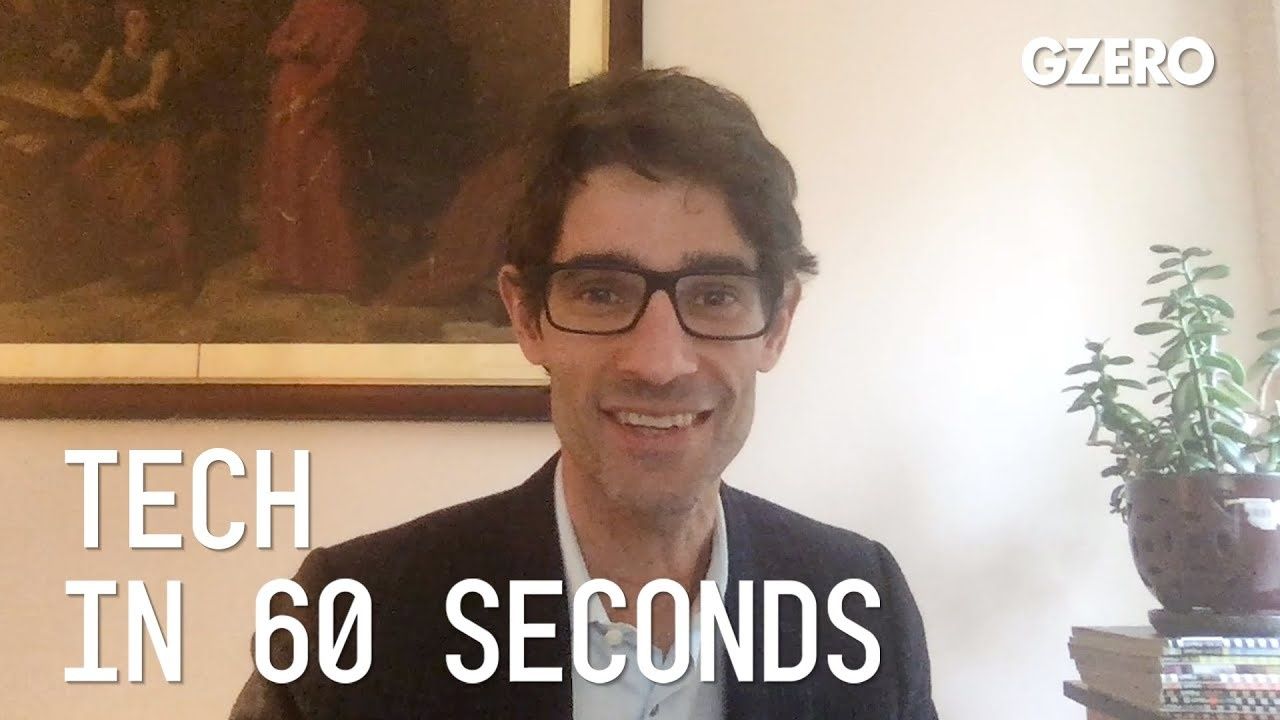
Nicholas Thompson, EIC of Wired, helps us make sense of today's stories in technology: What are privacy concerns with Zoom and what happened to Skype?
The privacy concerned with Zoom is if you don't password protect the meeting, someone can zoom-bomb-it and take over your screen and share a bunch of nasty stuff. So, password protect your meetings. What happened to Skype? They didn't innovate. They got surpassed. Huge mistake.
Why aren't there more efficient tech solutions to the medical supply shortage?
Because it's hard and massive. The big problem is that most of our medical supplies are made in China, not here. China needs them. It would have been much better if we had diversified, if we had many more ventilator production factories in the United States and mask production factories.
How many Quibi videos can I watch during lockdown?
A Quibi video goes up to about 10 minutes. The company has just launched. 43,000 minutes in a month. So, I guess you could watch 4,300 Quibi's in a month. So, three months, 12,900 Quibi's.